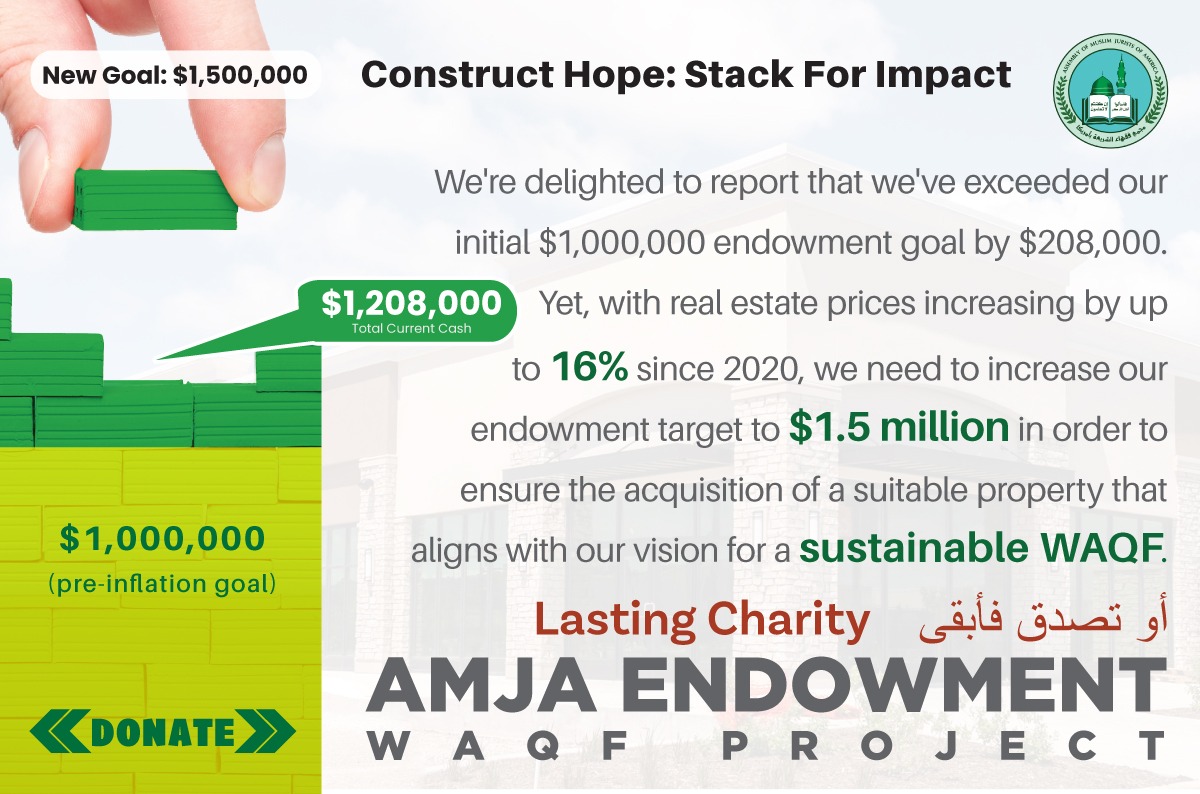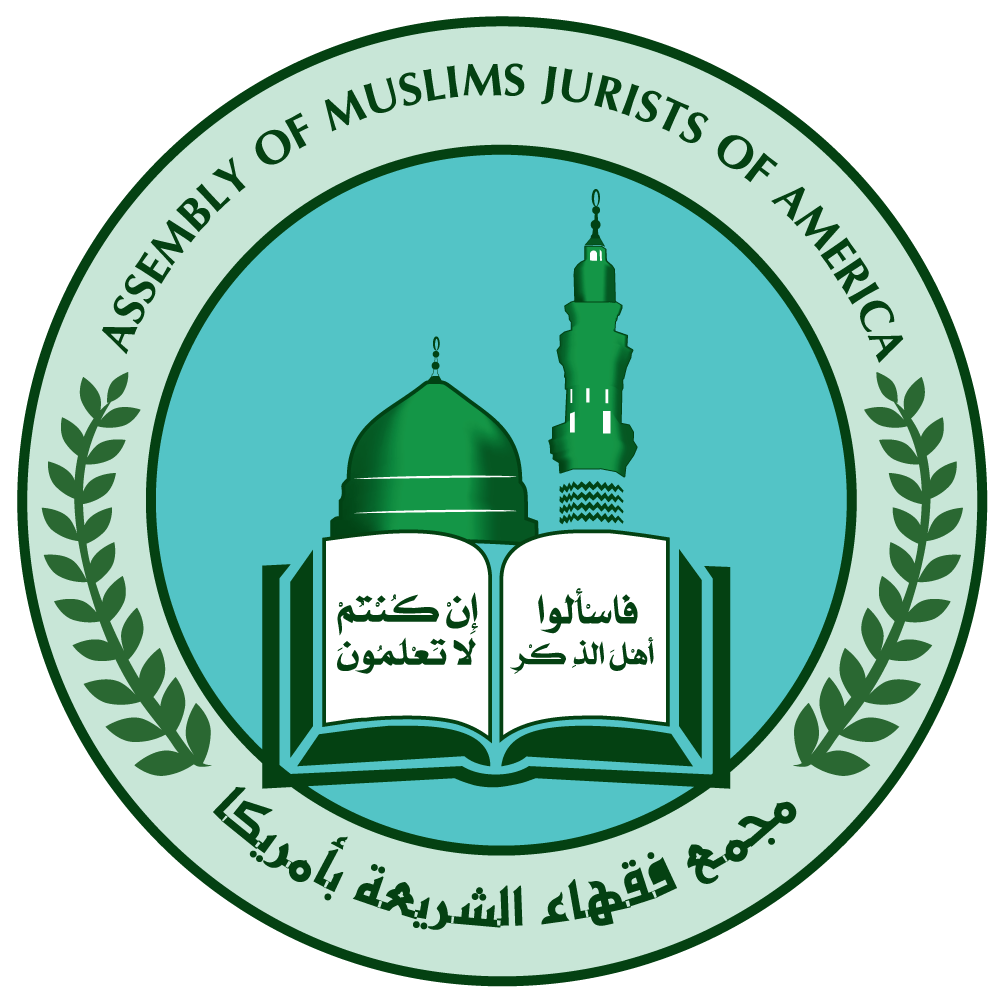This practical workshop equips Imams to engage confidently in political and civil rights work. Topics include understanding the roles of local, state, and federal government, building strategic relationships, addressing civic issues from the minbar, and mobilizing communities for advocacy and voter participation. Designed for Imams seeking to lead with clarity and impact in today’s public arena.
Workshop Objectives:
By the end of the workshop, Imams will:
- Understand the structure and function of various levels of government
- Identify effective points of engagement for political and civil rights advocacy
- Build relationships with civic and political stakeholders without compromising religious identity
- Develop messaging strategies for khutbahs and public advocacy
- Gain practical tools for community mobilization and voter education
Syllabus Outline:
Module 1: Understanding the Levels of Government & Their Leverage Points
- Overview of local, state/provincial, and federal governments
- Who controls what? (education, policing, immigration, housing, etc.)
- Practical examples: When to contact a city council member vs. a senator
- Identifying decision-makers in your area: school board, police commission, state reps,etc.
- Hands-on activity: Map out your community’s government structure
Module 2: The Imam as a Civic Leader
- The evolving role of the Imam in the West
- Civil rights work: from anti-discrimination advocacy to social services
- Engaging with city councils, school boards, police departments, and interfaith groups
- Case studies of effective Imam-led civic initiatives
Module 3: Legal & Institutional Guidelines
- What mosques can and can’t do legally (501(c)(3) rules in the U.S., equivalents in otherregions)
- Distinction between personal and institutional political activity
- Building a “civic engagement policy” for your masjid
Module 4: Khutbahs & Messaging on Political Issues
- How to speak on urgent civil rights issues from the minbar
- Best practices for delivering khutbahs on topics like Islamophobia, police brutality,Palestine, elections, etc.
- Media engagement: representing your community publicly without missteps
Module 5: Voter Engagement and Community Mobilization:
- Why Imams should care about local elections and census participation
- Organizing candidate forums, voter registration drives, and advocacy campaigns
- Working with Muslim organizations: coordination not competition Sample calendar of civic events for the Islamic center
Speakers:
Robert McCaw
Robert McCaw is Government Affairs Department Director at the Council on American-Islamic
Relations (CAIR), the nation's largest Muslim civil rights and advocacy organization. Since 2011,
he has overseen CAIR’s Muslim civic engagement and empowerment programs that bring
American Muslim community concerns to Congress, the White House, and federal and state
Dr. Omar Suleiman
Dr. Omar Suleiman is a prominent American Muslim scholar, civil rights leader, and the founder
and president of Yaqeen Institute for Islamic Research. Based in Dallas, Texas, he is known for
his strong commitment to social justice, interfaith collaboration, and political advocacy. Dr.
Suleiman has been active in national movements against racism, police brutality, and the
Muslim Ban, and has led humanitarian efforts for refugees and underserved communities. He
has spoken at major political events, including delivering the invocation at a Dallas memorial
attended by President Obama and other U.S. leaders, and has been arrested for peaceful
protest on Capitol Hill. Through Yaqeen, he advances rigorous, accessible Islamic scholarship
while advocating for a faith-driven, justice-oriented public voice.
Paul “Esa” Galloway
Paul “Esa” Galloway is a government and media relations expert with over 25 years of public
policy, nonprofit, and strategic communications experience. He has an M.A. in Civic Leadership,
and specializes in community empowerment, civil liberties, and bridge building.




